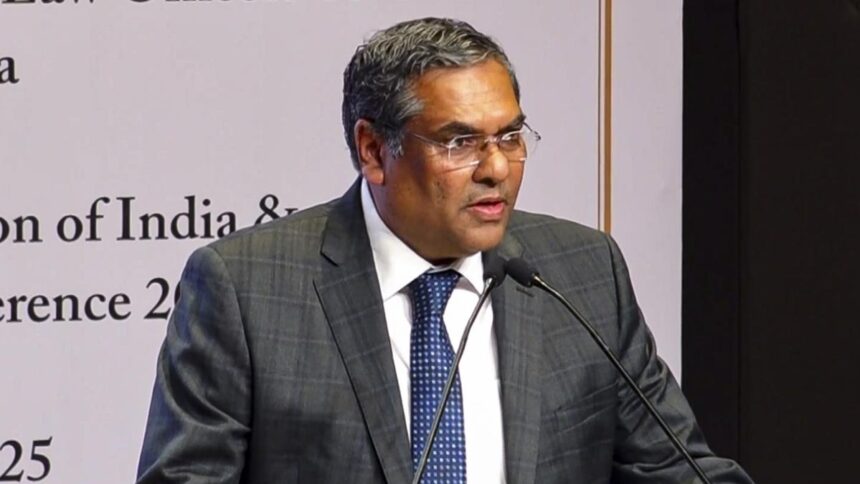Chief Justice Sanjiv Khanna Retires, Waqf Law Case Postponed
Chief Justice Sanjiv Khanna, who has been the Chief Justice of India since May 13, 2025, has announced his retirement on May 13, 2025. He has decided not to reserve or pass any interim orders in the Waqf law case, which was scheduled to be heard on May 5, 2025.
Chief Justice Khanna has stated that the course of the litigation challenging the Waqf (Amendment) Act, 2025, will be steered by his successor, Chief Justice of India designate, Justice B.R. Gavai. The case was listed on May 15, two days after his retirement.
Justice Gavai, who will assume office as the new Chief Justice of India on May 14, 2025, for a six-month tenure until November, will be responsible for the case. The court had listed the case for a "preliminary hearing" and interim orders on May 5, 2025.
The Chief Justice’s Bench had previously avoided passing an interim order to stay the implementation of the 2025 amendments, instead recording the Government’s statement that "till the next date of hearing [May 5, 2025], no waqf, including a waqf by user, whether declared by way of notification or by way of registration, shall be de-notified, nor will their character or status be changed."
The Government also assured that appointments of non-Muslims would not be made to the Central Waqf Council or the State Waqf Boards under the 2025 Act.
The petitioners, who are arguing that the 2025 amendments infringed upon and prejudiced the rights of Muslims across the country, have argued that the amendments fundamentally altered the governance, creation, and protection of waqf properties. The enhanced role of the state in the waqf administration impinged on the right of the Muslim community to manage its institutions.
The Government has maintained that the removal of the concept of ‘waqf-by-user’ in the 2025 amendments did not deprive a Muslim of his right to create a waqf. The provisions had only insisted on waqf properties, which had anyway been in vogue for nearly a century. Only those who evaded registration to avoid accountability under a statutory regime need to be worried about the amendments, the Centre said.
The petitioners have filed rejoinder affidavits against the Government’s response while insisting on a order of interim stay on May 5, 2025. They argued that a ‘presumption of constitutionality’ in favor of a Parliamentary law did not prevent the apex court from issuing an interim order of stay. That too, they contended, when the law in question would "result in manifest injustice and illegal deprivation of fundamental rights of persons based on their religious identity."
The case was finally listed for next week, on Thursday, May 1, 2025.








